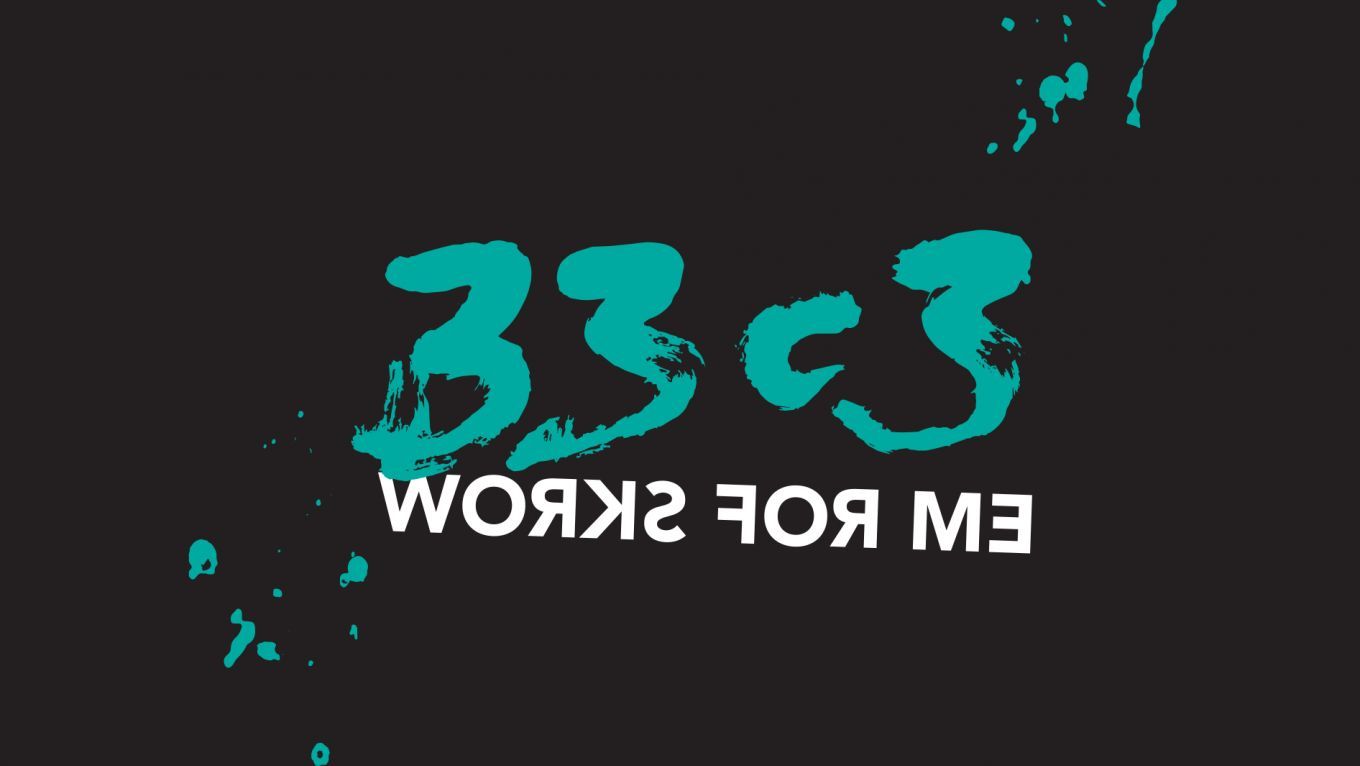Ethics, Society & Politics
Hacking the World
The struggle for security for all.
In this lecture I wish to reflect on the maturation of the security and hacking communities and their role in larger societal and political participation. We'll reflect on the predominant role that technology has been growing into our lives, and the responsibilities we have in nurturing it. After having spent the last years in researching, exposing, and preventing the electronic targeting of dissidents and journalists, I hope to synthesize my experience and suggest how to reconsider our tactics, the successes, and the failures, and hopefully draw some inspiration for a brighter future.
Computer systems were destined for a global cultural and economic revolution that the hacker community anticipated. We saw the potential, we saw it coming. And while we enjoyed the little time of reckless banditism, playing cowboys of the early interconnected age, we also soon welcomed the public realization that we were right all along, that information technology was going to change everything, and that information security was critical. Now, the Internet governs our lives.
Success always comes with strings attached.
The Internet morphed with us. Once an unexplored space we were wandering in solitude, now it has become a marketplace for goods, *the* vehicle for communication, as well as an instrument for control, and a field for battle.
We learned the many ways it was abused and broken. We learned the stories of those who were victims of the shortcomings of computer and network systems, and we realized how often and brutally they were turned into means of persecution against those who struggle for free speech and democracy around the world.
In this lecture I wish to reflect on the maturation of the security and hacking communities and their role in larger societal and political participation. We'll reflect on the predominant role that technology has been growing into our lives, and the responsibilities we have in nurturing it. After having spent the last years in researching, exposing, and preventing the electronic targeting of dissidents and journalists, I hope to synthesize my experience and suggest how to reconsider our tactics, the successes, and the failures, and hopefully draw some inspiration for a brighter future.
Additional information
| Type | lecture |
|---|---|
| Language | English |
More sessions
| 12/27/16 |
As they say in the Air Force, ‚No comms no bombs‘, – A technician’s insight into the invisible networks governing military drones and the quest for accountability
|
| 12/27/16 |
Both strong end-to-end communications encryption and device encryption are legal in most jurisdictions today, and remain widely available. Yet software programmers and hardware producers are increasingly under pressure from law enforcement and policy makers around the world to include so-called backdoors in encryption products.
|
| 12/27/16 |
Polizeibehörden und Geheimdienste sammeln Daten der Bürger – mehr als je zuvor. Der Bestand an unterschiedlichen Datenbanken ist enorm gewachsen und geradezu unübersichtlich geworden. Aufgrund datenschutzrechtlicher Regelungen gibt es für etliche dieser Datenbanken einen gesetzlichen Auskunftsanspruch des Bürgers.
|
| 12/27/16 |
In early 2015, the Federal Bureau of Investigation hacked computers in Austria, Denmark, Chile, Colombia, Greece, and likely the United Kingdom and Turkey too. In all, the agency used a Tor Browser exploit to target over 4000 computers spread across the world based on a single, arguably illegal warrant.
|
| 12/27/16 |
This talk presents the results of the technical analysis for the German Parliamentary Committee investigating the NSA spying scandal on geolocation methods in mobile networks.
|
| 12/27/16 |
Nach drei Jahren wurde endlich die nutzerunfreundliche Praxis des Routerzwangs („Compulsory Routers“) gesetzlich für unzulässig erklärt, und aktuell treibt uns die EU-Funkabschottung („Radio Lockdown Directive“) um. Um was geht es dabei? Und was können wir daraus für andere Fälle lernen?
|
| 12/27/16 |
After three years the EU has for the first time new Net Neutrality rules. What do they mean in practice? Which commercial practices by ISPs are allowed and which have to be punished by the telecom regulator. We give an overview about three years of campaign and where we go from here.
|

